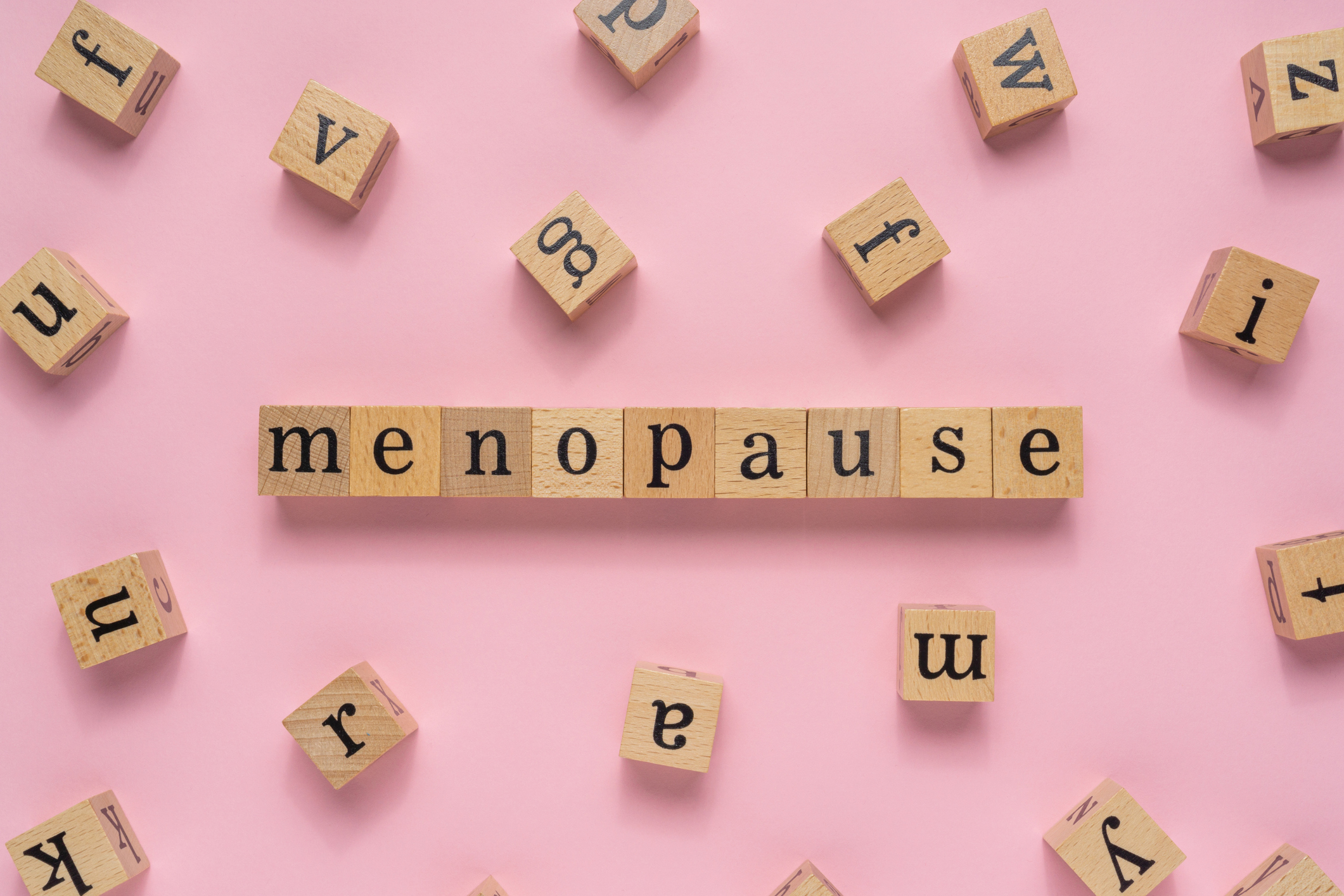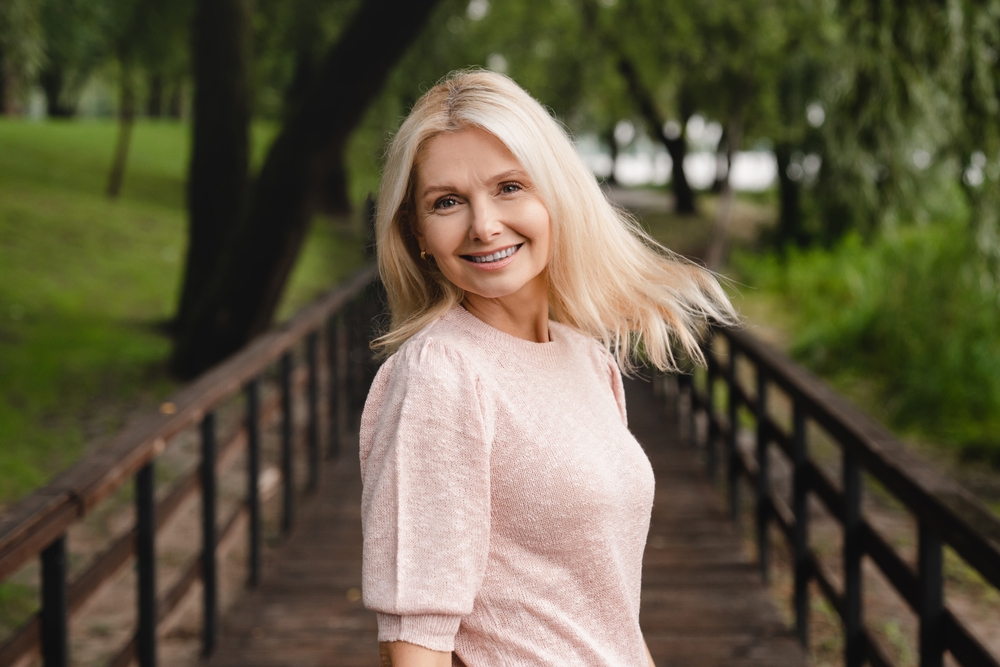
Six things I do to make the menopause more bearable
Olivia’s Menopause Cribsheet: Six Ways to Make Menopause More Manageable
Menopause is a natural phase of life, but it can feel overwhelming if you’re unprepared. I first became aware of the challenges during peri-menopause thanks to my friend Meg Matthews, who endured years of symptoms ranging from hot flushes to hair thinning and brain fog. Inspired by her journey, I explored ways to rebalance my body and manage the changes with confidence.
Everyone experiences menopause differently, but here are six strategies that have genuinely helped me. Feel free to dip in and try what works for you.
1. Hormone Patches Over Gels
I started using Oestrogel last year, applying it to my forearms and inner thighs. While effective, it required drying time, which added stress to my mornings, and I worried about hormone transfer to my sheets—especially with a busy household.
Switching to the Estradot patch has been life-changing. Waterproof and precise, it only needs changing twice a week. Less mess, less fuss, and more freedom.
If you suffer from painful or irregular periods, Ross Barr’s Period Patches (£15 for 7 at Rossbarr.com) are a gentle, herbal alternative. Applied to the tummy or back, they ease cramps naturally.
Expert tip: As a beuty expert, I can help identify the best hormone delivery method for your lifestyle and wellness needs.
2. Topical Hormone Creams for Skin
Dry, patchy skin is common during menopause, making makeup application frustrating. A low-dose, topical oestrogen cream, prescribed by Dr. Martin Galy and compounded by Rosewood Pharmacy, restored hydration and smoothed fine lines around the eyes and lips.
Integrating skincare consultations during menopause can help you maintain your glow, addressing both cosmetic and health-related concerns.
3. Black Cohosh for Night Sweats
Hot flushes are often linked to falling progesterone levels. If HRT isn’t suitable, Black Cohosh is a herbal supplement traditionally used for night sweats and menstrual irregularities.
Caution: Not suitable for those with kidney or liver problems.
4. Magnesium for Better Sleep
Sleep can be disrupted during menopause, but magnesium is a game-changer. I use Viridian Magnesium B6 with Saffron, which combines three forms of magnesium for deep, restorative sleep. My Oura Ring shows measurable improvement in both duration and quality.
Restful sleep enhances energy, mood, and overall wellness—a key aspect of that target holistic health, not just appearance.
5. Combating Hair Shedding
Hormonal fluctuations can trigger hair loss. The most effective solution I’ve found is Calecim Advanced Hair Regrowth Serum (£365 at editorslist.co.uk), a stem cell-based, microneedling treatment that rejuvenates dormant follicles and restores hair growth. Works for men and women alike.
Consulting a UK beauty expert ensures your haircare plan is tailored to your needs, maximising results and minimising stress.
6. The Power of Laughter
Laughter is essential during menopause. Some of my favorite mood lifters include:
Boxsets:
-
Motherhood | Netflix
-
Catastrophe | Netflix
-
No-One Wants This | Netflix
Instagram Accounts:
-
#BatShitBonkersBritain – the news, but with a humorous twist
Even on tough days, belly laughs boost mood, reduce stress, and improve overall wellbeing.
Professional Guidance Matters
After trying multiple menopause “experts,” I’ve been fortunate to work with Dr. Martin Galy at 23MD. He listens carefully, explains HRT options clearly, and creates personalized plans. Contact us f you’d like me to connect you.
Integrating professional guidance from a beauty expert or wellness service provider ensures your menopausal journey is managed safely and effectively.
Complete List of Menopausal Symptoms
-
Hot flushes / night sweats
-
Heart palpitations
-
Difficulty sleeping / fatigue
-
Dizziness / faintness
-
Headaches / tinnitus
-
Dry mouth / eyes / sore gums
-
Muscle and joint pains
-
Weight gain / body shape changes
-
Breathing difficulties
-
Urinary frequency / leaks
-
Vaginal dryness / soreness
-
Thrush / cystitis episodes
-
Dry or itchy skin
-
Thinning hair
-
Low mood / anxiety / panic attacks
-
Difficulty concentrating / memory issues
-
Loss of interest in most things
-
Crying spells / irritability / mood swings
-
Loss of confidence / self-esteem
-
Brain fog / reduced sexual interest
Navigating Menopause with Confidence
Menopause is a journey, and while it can feel isolating, it doesn’t have to be. With the right mix of beauty expert guidance, professional wellness services, and self-care strategies, you can approach this phase with confidence, clarity, and empowerment.
Working with us allows you to access targeted treatments—from hormone-friendly skincare and haircare to nutritional advice and stress management. Combined with high-quality beauty and wellness services, including restorative therapies, sleep optimization, and holistic self-care, menopause can transform from a challenging period to an opportunity for self-discovery, resilience, and renewed vitality.
Self-care practices such as prioritizing rest, exploring herbal supplements, embracing laughter, and maintaining a skincare routine designed for hormonal changes will help you feel and look your best. By blending professional guidance with practical strategies, you can navigate menopause gracefully, celebrate your evolving beauty, and embrace this next chapter with strength and confidence. Get in touch and let me help you make meopause ore bearable.



2 thoughts on “Six things I do to make the menopause more bearable”
Perfectly indited articles, Really enjoyed reading.
Your blog is a true gem in the world of online content. I’m continually impressed by the depth of your research and the clarity of your writing. Thank you for sharing your wisdom with us.